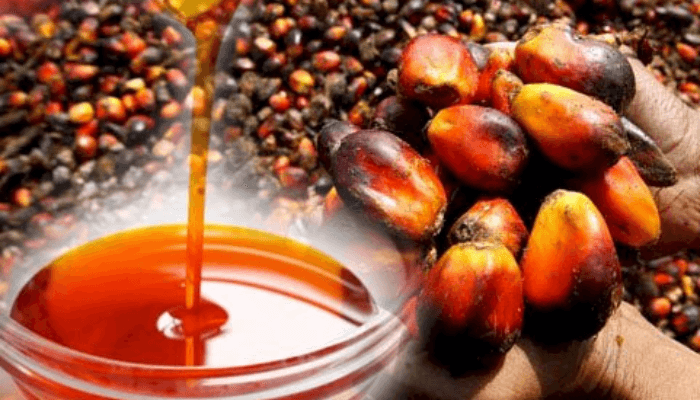In an intriguing development, Nigeria’s palm oil imports from Malaysia, one of the world’s leading palm oil producers, have skyrocketed, recording a remarkable 65.3 percent surge during the first nine months of 2023.
Data recently acquired by our correspondent from the Malaysian Palm Oil Council paints a vivid picture. It showcases that Nigeria’s palm oil imports from Malaysia soared to an impressive 234,324 metric tons between January and September 2023. This figure starkly contrasts the 141,786 metric tons imported during the same period in 2022, marking a substantial increment of 92,538 metric tons.
The report, in addition to this staggering increase, identifies India, China, Kenya, Netherlands, Japan, and Turkey as Nigeria’s top ten major importers of palm oil.
This surge in palm oil imports from Malaysia is fascinating, particularly considering the Federal Government’s concerted efforts to bolster the local crude palm oil production sector. The government’s strategy included imposing a 35 percent tariff, comprising a 10 percent duty and a 25 percent levy, on palm oil imports into the country. These measures were instituted to shield Nigeria’s palm oil industry and ignite its growth.
Despite these protective measures, Nigerians appear to have a strong penchant for imported palm oil products, continuing to opt for them over locally produced alternatives. This preference can be attributed to the persisting demand-supply gap within the domestic palm oil market.
To put things in perspective, Nigeria’s palm oil output is estimated to fall within the range of 900,000 to 1.3 million metric tons, according to industry experts. In contrast, imports are calculated to be well over N500 billion annually. With the national demand soaring to 2.1 million metric tons, a glaring supply gap of approximately 800,000 tons exists.
As highlighted in a prior report by The PUNCH, Kabir Ibrahim, the National President of the All Farmers Association of Nigeria, emphasized that the nation is yet to attain self-sufficiency in food production, highlighting the underlying complexities of the country’s food security situation.
In conclusion, the surge in palm oil imports from Malaysia underscores the challenges faced by Nigeria in achieving self-sufficiency in food production. Despite government efforts to boost domestic palm oil production, the allure of imported palm oil products remains strong among Nigerians, resulting in a significant supply-demand imbalance.











